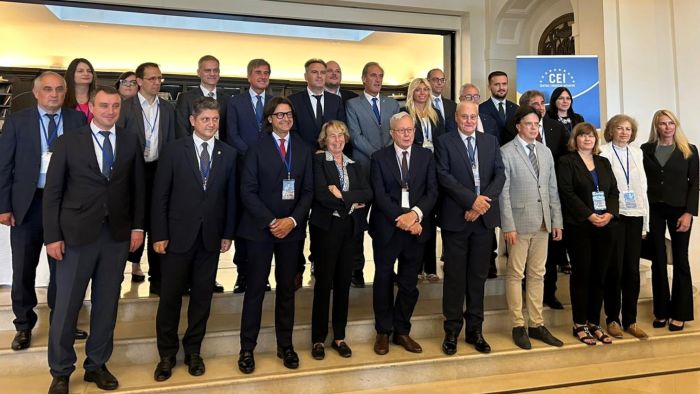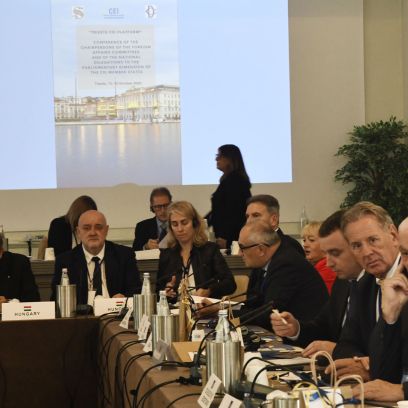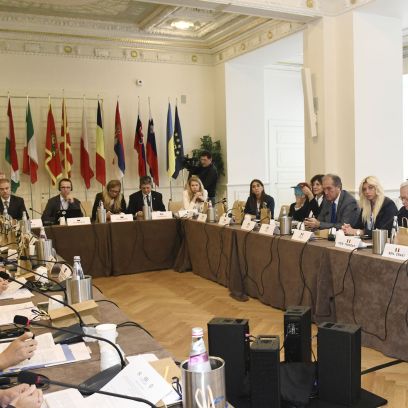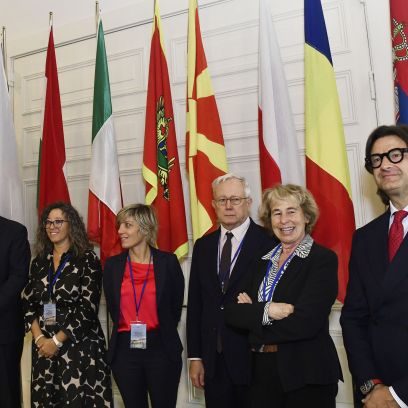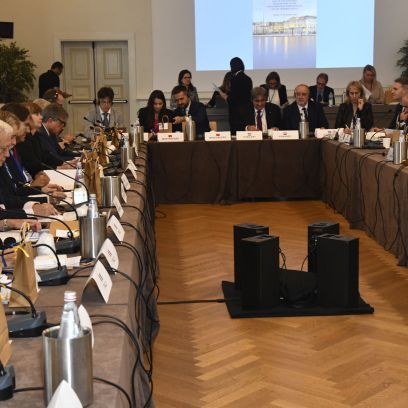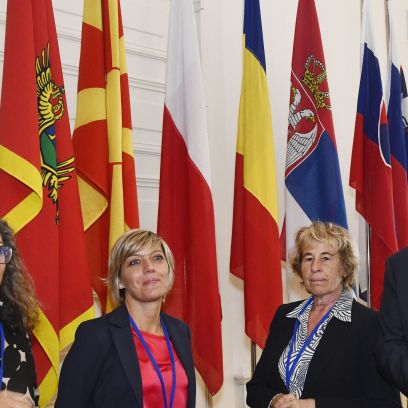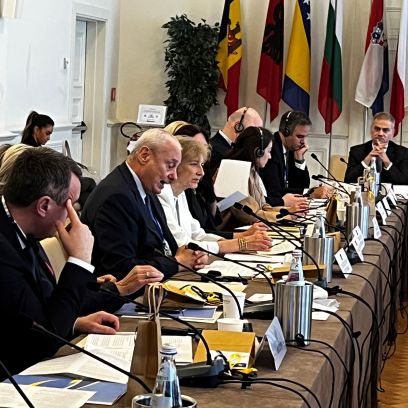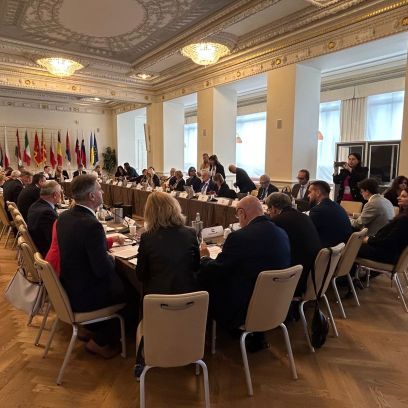On 13 October, the Italian Deputy Prime Minister and Minister of Foreign Affairs and International Cooperation, Antonio Tajani, delivered a message at the Trieste CEI Platform Conference of the Chairpersons of the Foreign Affairs Committees and National Delegations to the Parliamentary Dimension of the CEI Member States emphasising the need to stabilise the Balkan area - which is a priority of the Italian government's foreign policy - and to support the EU integration process.
The main objective of the Trieste CEI Platform - promoted by the Italian Parliament and attended by Parliamentary Delegations from CEI countries - was to initiate a discussion on strengthening the CEI as a valuable instrument of multilateral cooperation, enabling EU Member States and countries that are not yet EU members to interact and cooperate. The gathering also highlighted the importance of parliamentary diplomacy within the CEI in view of fostering collaborative efforts with its governmental dimension, especially under the current political and economic challenges confronting Central and Eastern Europe, notably in the wake of Russia's aggression against Ukraine.
In this setting, "enhancing the influence of the CEI - the largest intergovernmental forum for regional cooperation in Europe - means empowering the voice of Central and Eastern European countries at both European and global levels”, said CEI Secretary General Roberto Antonione opening the Conference. “A stronger CEI would make it easier to formulate joint positions, and then pursue common political objectives aligned to our countries’ shared interests”, he emphasised.
In her opening remarks, Stefania Craxi, President of the Committee for Foreign Affairs and Defence of the Italian Senate, pointed out that the Trieste Conference aimed at contributing to strengthening multilateralism in Europe and regional cooperation among Central and Eastern European countries, thus providing renewed political impetus to the role of the CEI. Giulio Tremonti, Chairman of the Foreign and EU Affairs Committee of the Italian Chamber of Deputies, underlined the need for a new Europe “uniting West and East and combining refined democracy with traditions”. Salvatore Caiata, President of the Italian Delegation to the CEI Parliamentary Dimension, highlighted the importance of parliamentary diplomacy within the CEI to promote synergic actions in cooperation with the government dimension. Local authorities from the Autonomous Region Friuli Venezia Giulia and the Trieste Municipality welcomed the attendees confirming their enduring support to the CEI.
The final document approved during the meeting outlined a collective vision to invigorate the CEI's actions and better represent shared political objectives. A Convention for the strengthening of the Central European Initiative, involving Parliament and Government representatives from CEI countries, will draft a proposal for the reinforcement of the CEI in order to encourage cooperation and a renewed multilateral approach in Central and Eastern Europe. This convention would involve appointing two Members of Parliament and a government representative from each country, with meetings set to begin in January 2024, organised in collaboration with the current Presidency and the Executive Secretariat.

